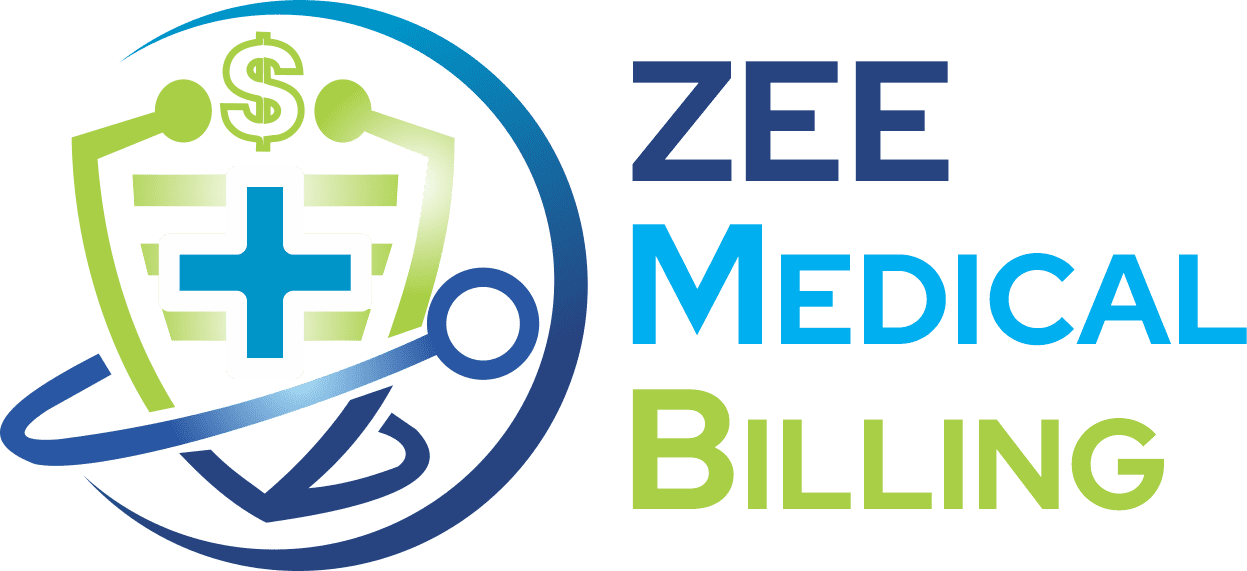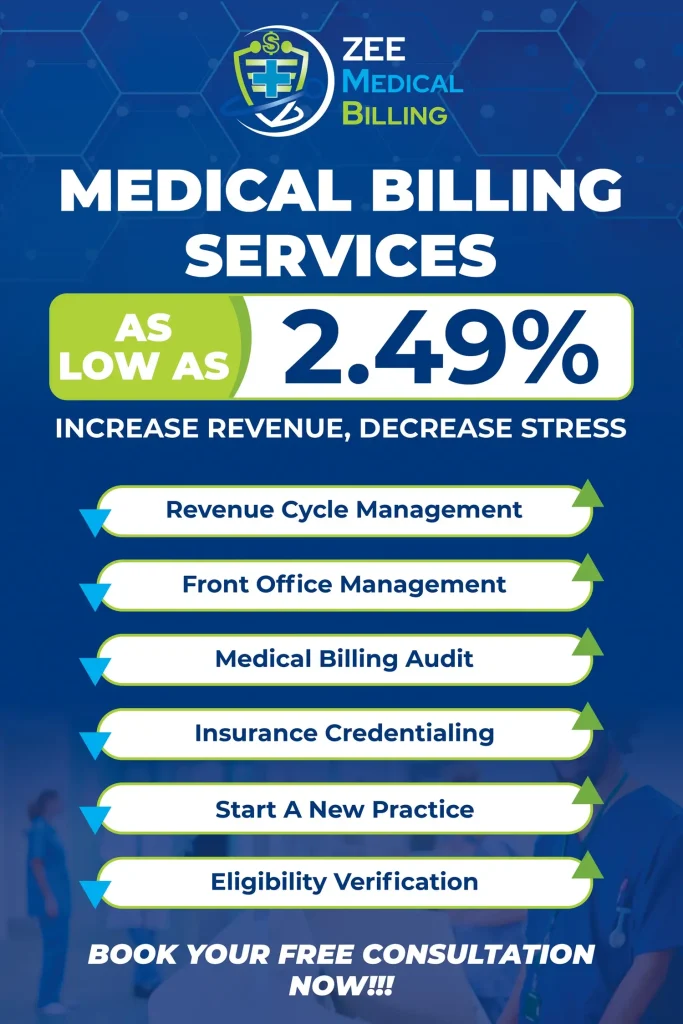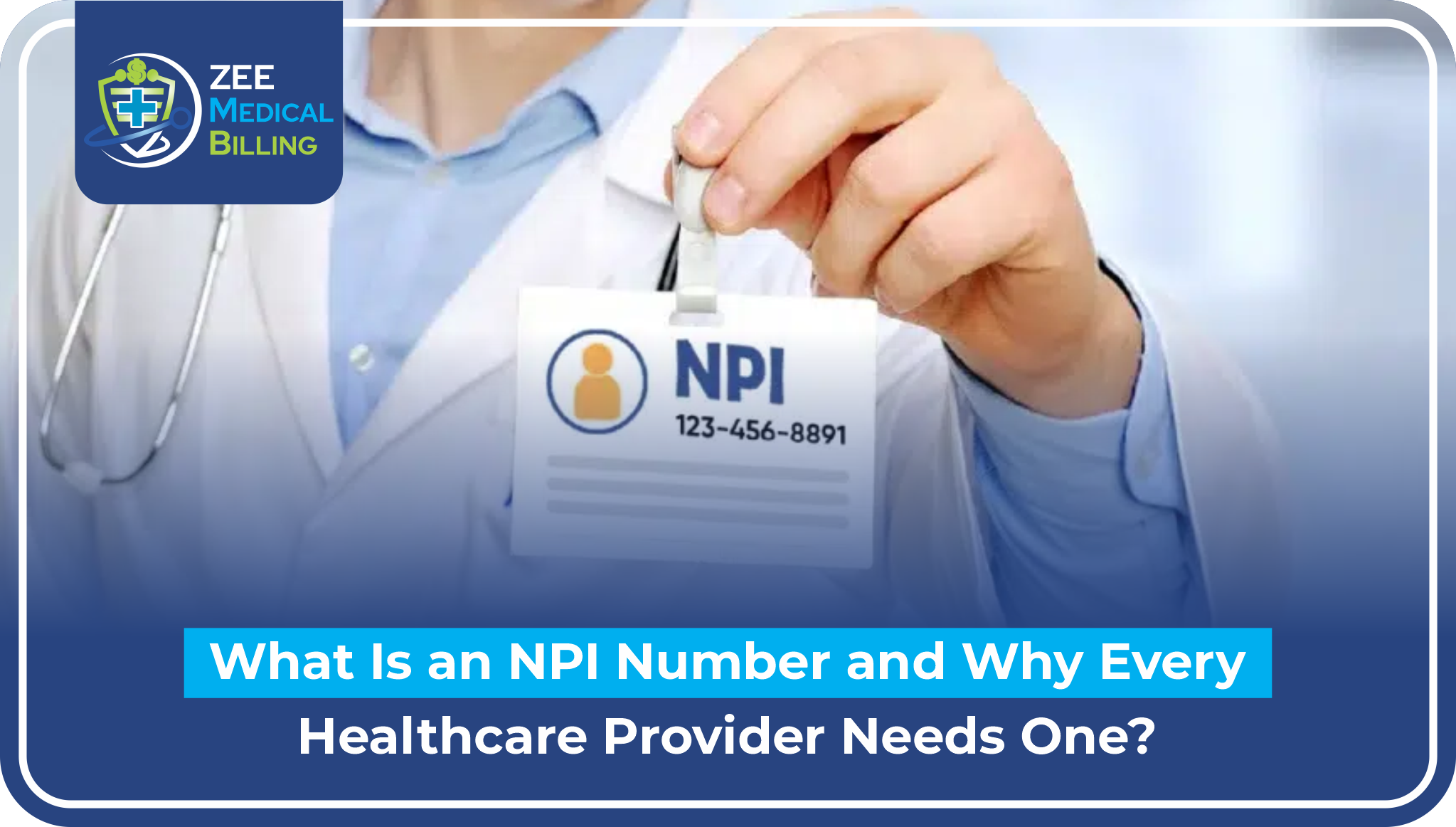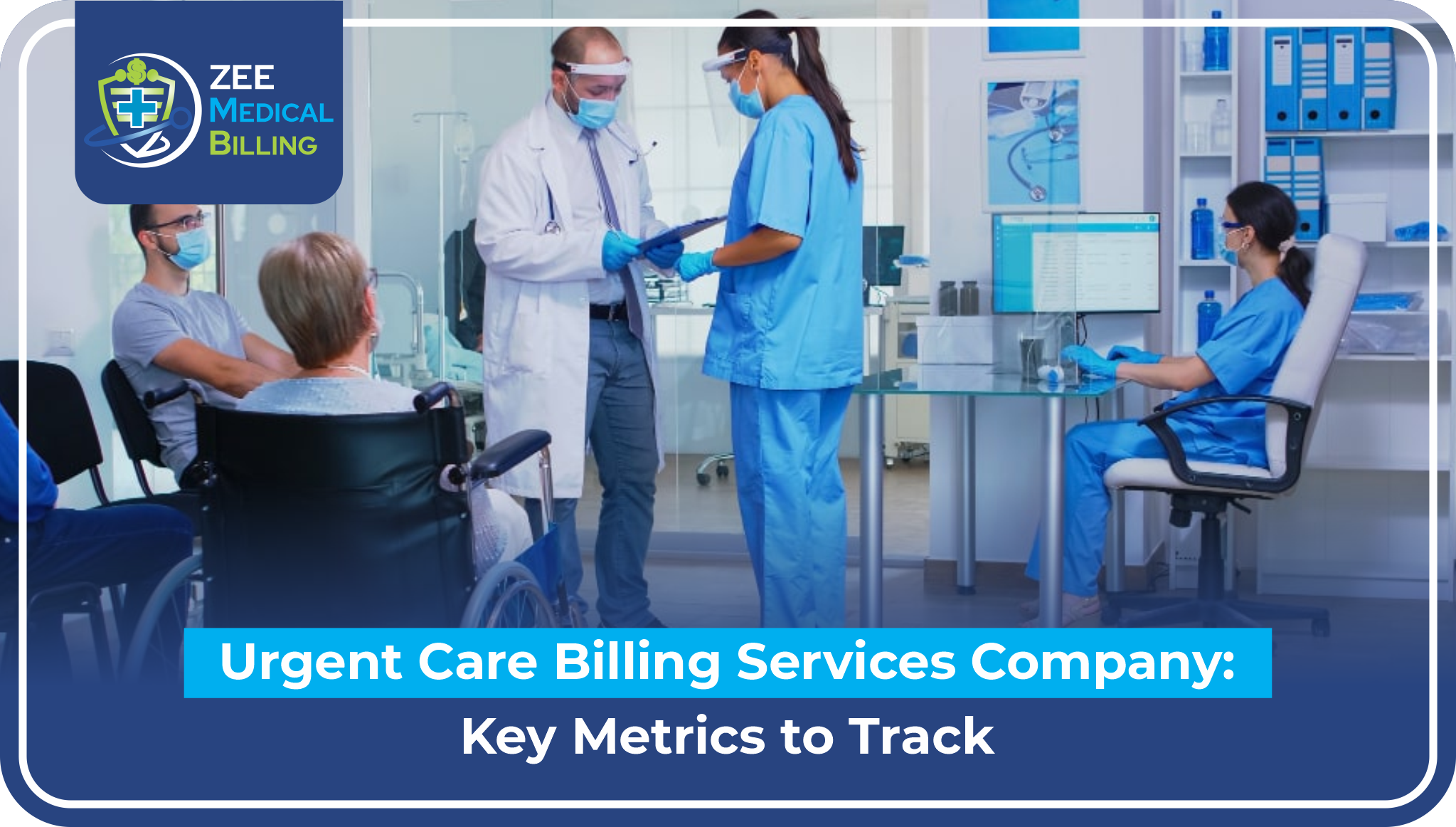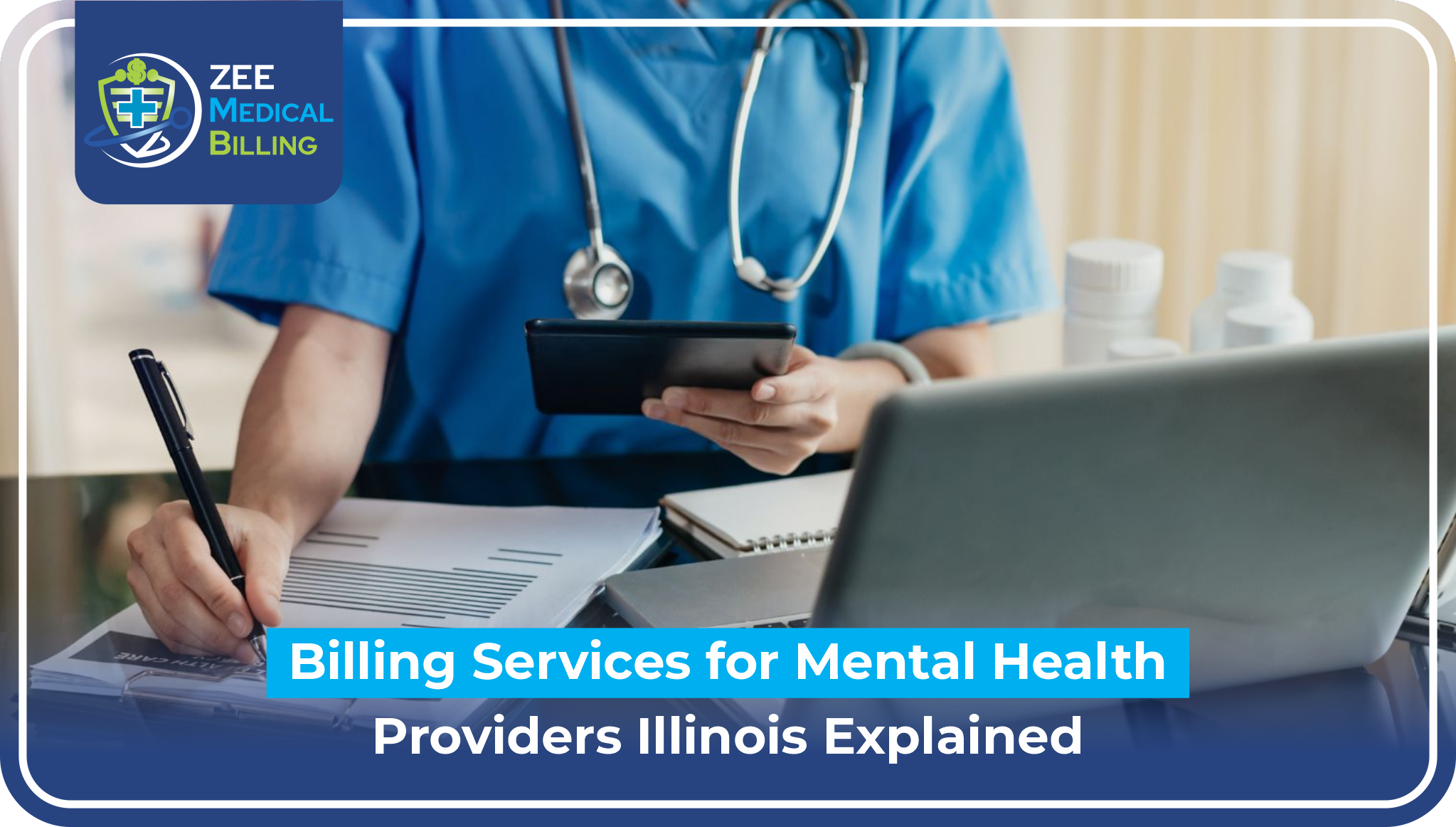Cardiology is one of the most complicated specialties in healthcare, not only in terms of treatment but also when it comes to billing and coding. With progressing insurance guidelines, multiple procedures performed in a single visit, and frequent use of advanced diagnostic tools, cardiology medical billing requires a high level of accuracy and expertise.
Unfortunately, many practices face revenue loss due to cardiology billing errors, denied claims, and compliance issues. That’s why many providers rely on cardiology medical billing services or select partners with a cardiology billing company that specializes in handling these common challenges. Let’s have a detailed look:
Common Cardiology Billing Errors
1. Incorrect Use of CPT and ICD-10 Codes
Cardiology involves a wide variety of diagnostic tests, interventional procedures, and follow-up visits. Using incorrect or old cardiology medical billing and coding often leads to claim denials. For example, confusing stress test codes or missing modifiers for echocardiograms can delay reimbursements.
How to avoid it: Every day, coding audits, updated cardiology medical billing guidelines, and training your staff in the latest compliance standards.
Also Read: 8 Tips on How You Reduce Cardiology Claim Rejections?
2. Missing or Incomplete Documentation
Even accurate coding does not matter if the provider’s documentation is not completed. Missing test results, uncertain procedure notes, or a lack of medical necessity documentation often trigger insurance rejections.
How to avoid it: Implement clear documentation practices and use medical billing software for cardiology that integrates with your EHR to ensure nothing is left out.
3. Failing to Capture Multiple Procedures
Cardiologists often perform many procedures in one session, for example, diagnostic angiography with stent placement. Without proper use of modifiers, you risk underbilling and losing revenue.
How to avoid it: Educate your billing team to recognize bundling rules and apply modifiers accurately. Partnering with a cardiology medical billing company ensures procedures are coded accurately.
4. Errors in Insurance Verification and Authorization
One of the most frequent issues in medical billing for cardiology is failing to verify insurance coverage before processing. Since many cardiology services are costly, and lack of prior authorization can lead to complete non-payment.
How to avoid it: Use cardiology billing solutions or outsource to a cardiology billing service company that specializes in real-time eligibility checks and authorizations.
5. Compliance and Regulatory Issues
Cardiology is heavily regulated, and billing errors can result in compliance violations. Incorrect use of modifiers, upcoding, or unbundling can trigger audits and penalties.
How to avoid it: Work with certified billing experts for cardiology who are well-educated in compliance requirements. Outsourcing to a trusted cardiology medical billing provider can help reduce risks.
Why Partner with Cardiology Medical Billing Experts?
Managing cardiology medical billing services in-house can be overwhelming for many practices. That’s why outsourcing is becoming a preferred solution. By working with a professional cardiology billing company or medical billing outsourcing service, you gain:
- Accuracy in coding and claims submission
- Reduced denials and faster reimbursements
- Availability of the best medical billing software for cardiology
- Compliance with the latest cardiology medical billing guidelines
- Expert support from billing specialists in the USA
Whether you run a small private practice or a large cardiology group, choosing the right cardiology medical billing solution can make a significant difference in your revenue cycle.
Also Read: Customized Cardiology Revenue Cycle Management (RCM) Solutions
Conclusion
Cardiology billing is generally complicated, but if done with the right processes, software, and expert support, you can limit errors, avoid compliance issues, and maximize reimbursements. Instead of letting billing mistakes drain your practice’s revenue, consider outsourcing to a professional medical billing company or looking for advanced cardiology billing solutions.
Investing in reliable billing services for cardiology is not just about accuracy’s about building a financially healthy practice that allows you to focus on what truly matters: delivering excellent patient care.
FAQs
1. Why is cardiology medical billing more complex than other specialties?
Cardiology involves multiple procedures, advanced diagnostics, and evolving compliance rules, which require specialized billing expertise.
2. What’s the best medical billing software for cardiology?
The best solutions integrate seamlessly with EHRs, support real-time eligibility checks, and are designed specifically for cardiology medical billing services.
3. Should I outsource cardiology billing services?
Yes, outsourcing to a professional cardiology billing service company helps reduce errors, improve compliance, and streamline revenue cycle management.
4. How do I choose the right cardiology billing company?
Look for cardiology medical billing companies with proven professionalism, certified coders, compliance knowledge, and experience in handling U.S. insurance guidelines.
5. What are the advantages of using a cardiology medical billing provider?
You gain correctness, compliance, reduced denials, quicker payments, and the ability to focus on patient care while experts handle your billing.

















